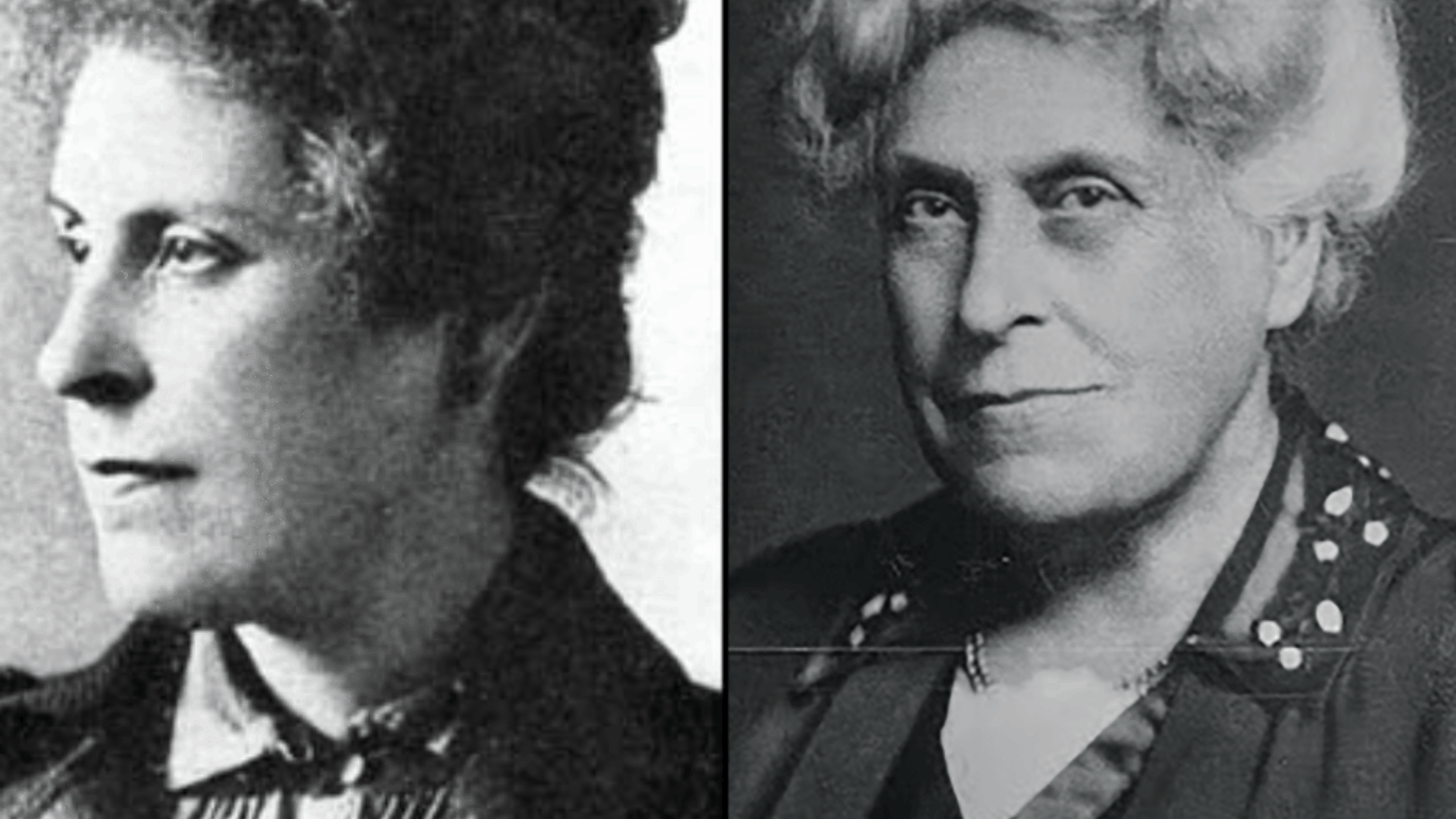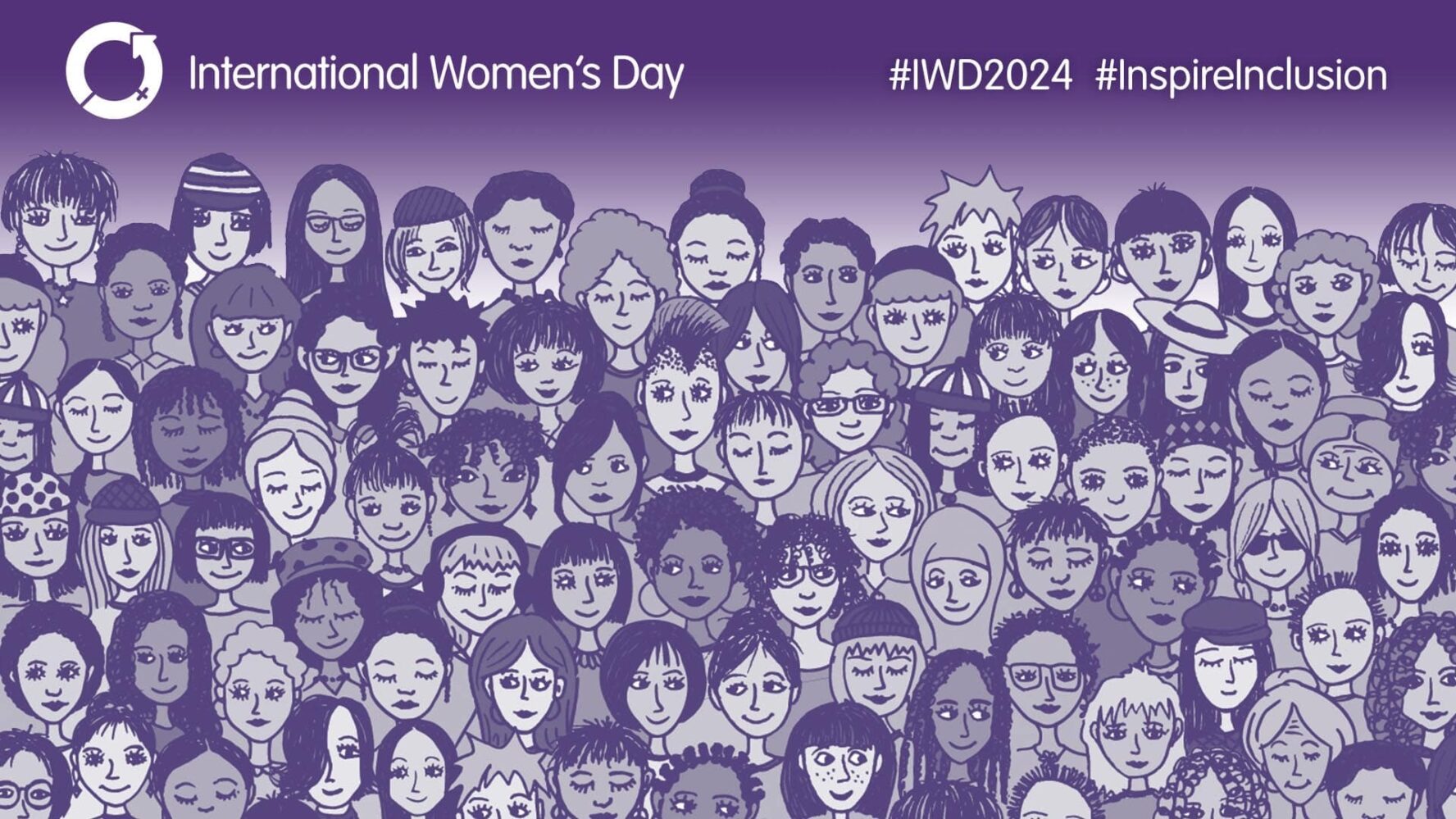
This week, it’s International Women’s Day (8 March). To celebrate, we wanted to highlight one woman who made monumental change in the UK through her campaigning and advocacy work: Margaret McMillan.
International Women’s Day is a day celebrated across the world, recognising the social, economic, cultural and political achievements of women. The first International Women’s Day happened in 1911!
Margaret McMillan is perhaps best known for significantly improving children’s welfare, particularly in schools. She’s also been recognised for her extensive research into the difficulties children faced, specifically in their education and welfare. Her passionate faith and dedication to justice drove McMillan to push for huge changes that would improve the health of children across the UK.
Margaret McMillan (1860–1931)

Early life
Margaret McMillan was born in Westchester County, New York, on 20 July 1860. Originally, her parents were from Inverness, Scotland. When her father passed away in 1865, Margaret emigrated back to Scotland with her sister and mother.
Becoming a campaigner
McMillan was a Christian socialist. Her faith and passion for social justice deeply intertwined, and she dedicated her life to campaigning for improved conditions for children in schools across the UK.
But before this, Margaret and her sister Rachel were heavily involved in supporting industrial workers, particularly during the London Dock Strike, where workers rallied for better pay and working conditions.
Margaret was an active member of her local community, as well as becoming involved in many areas as a speaker, researcher and campaigner. She was also a part of several established societies, such as the Labour Church.
Her goal was simple: discover what issues people are facing, figure out how to improve things, and get it done. She believed that everyone’s well-being was extremely important, and where it was lacking on a large scale (whether it be industrial workers in poor working conditions, or children coming to school hungry), she would fight to see societal change.
Making an impact
In 1892, Margaret moved to Bradford, England, after being told her campaigning and advocacy efforts would be much appreciated there. She spent her time touring across various industrial areas, visiting low income households and listening to understand the struggles they were facing. She took these findings and became a well-loved speaker, sharing her discoveries in meetings across the country and urging people to take a stand, together, to see meaningful change.
In particular, Margaret began to focus on improving the welfare of what was profiled as the ‘slum child’. In 1892, she’d joined Dr James Kerr (Bradford’s school medical officer) in the first medical inspections of elementary school children in Britain. Through this and her time spent with many families in the community, she’d seen firsthand the devastating effects that poverty, hunger and poor hygiene were having, and refused to tolerate it.
Together, Kerr and McMillan published a report on everything they’d found. The findings were shocking: children were turning up to school unfed and under-nourished, and were unable to learn as a result. The pair believed strongly that no child should be going without basic nutrition, and that every child deserves the right to education. So they started a campaign to improve children’s health and well-being by urging local authorities to install baths (for better hygiene), ventilate schools better and – perhaps what McMillan is best known for – provide free school meals. In fact, the first free school dinners in the UK were actually cooked on the boilers that heated the school baths at Green Lane Primary School in Bradford!
Pushing for wider societal change
Margaret continued to publish research and books, covering topics such as child labour and early childhood. Slowly, she established her position as an expert and gained more respect and momentum. Her compassion never once dwindled, and she continued to dedicate her life to seeing even more children’s lives improved.
She became the Independent Labour Party candidate for the Bradford schools’ board, and started influencing bigger changes across schools in the district.
In 1902, Margaret returned to London with her sister, where she joined the (new at the time) Labour Party and kept writing and publishing books on topics such as the economic aspects of child labour and education, and education through the imagination.
Eventually, McMillan teamed up with her sister and an old friend, to campaign for free school meals right across the UK. The House of Commons finally agreed that it’s impossible for hungry children to learn, and they passed the 1906 Provision of School Meals Act, meaning no child had to go hungry at school anymore.
Leaving a legacy
Margaret was recognised for her work by King George V, when she received the Companion of Honour. She was a pioneer, an advocate and dedicated her life to improving children’s lives, simply because she believed that every child had a right to be clean, have a full tummy, and to be able to learn. And what a difference her passion, faith and campaigning work made. In fact, many children in schools across the UK still benefit from her hard work and dedication, with free school meals accessible to those who meet certain criteria. McMillan left a legacy that lasted for generations.




